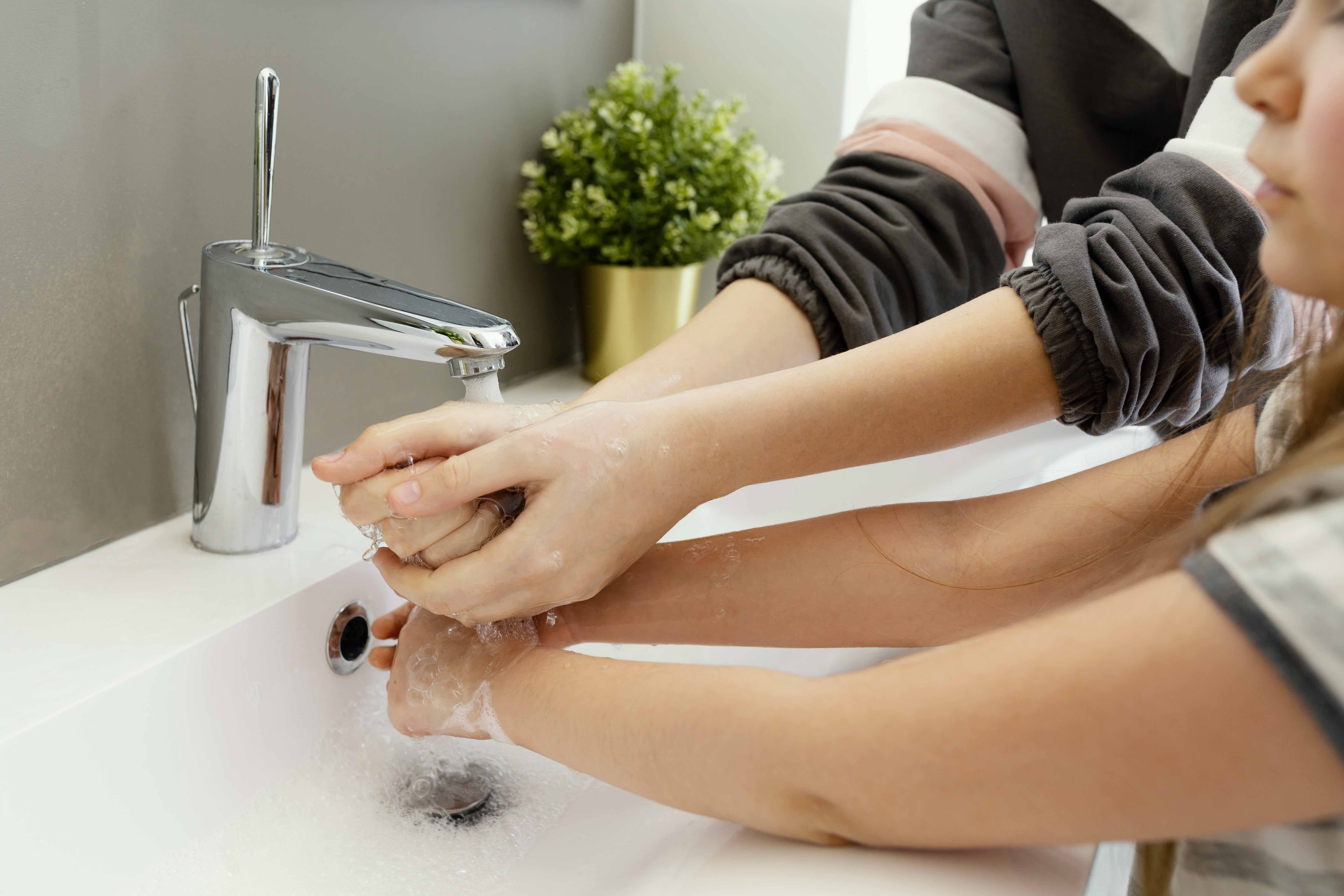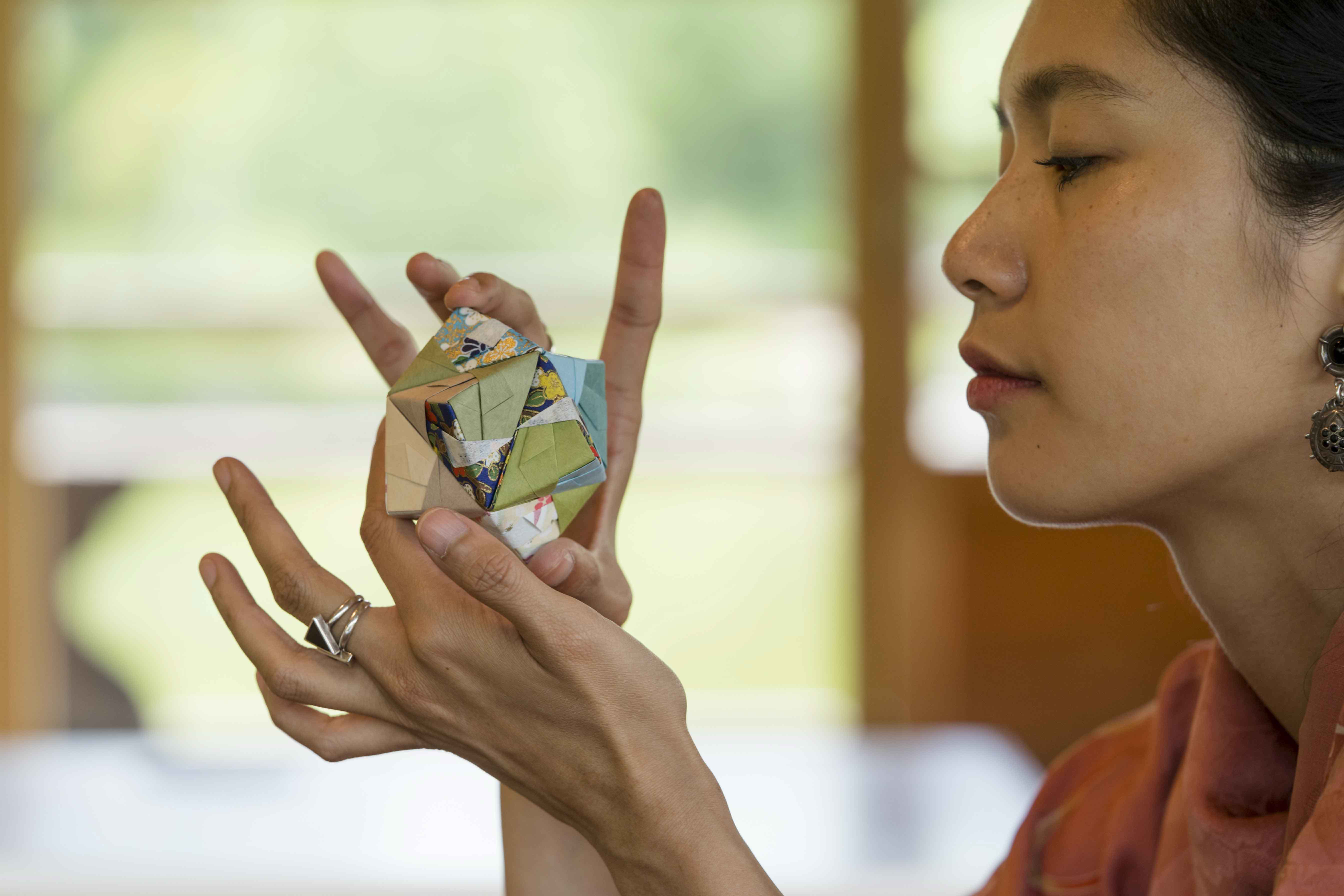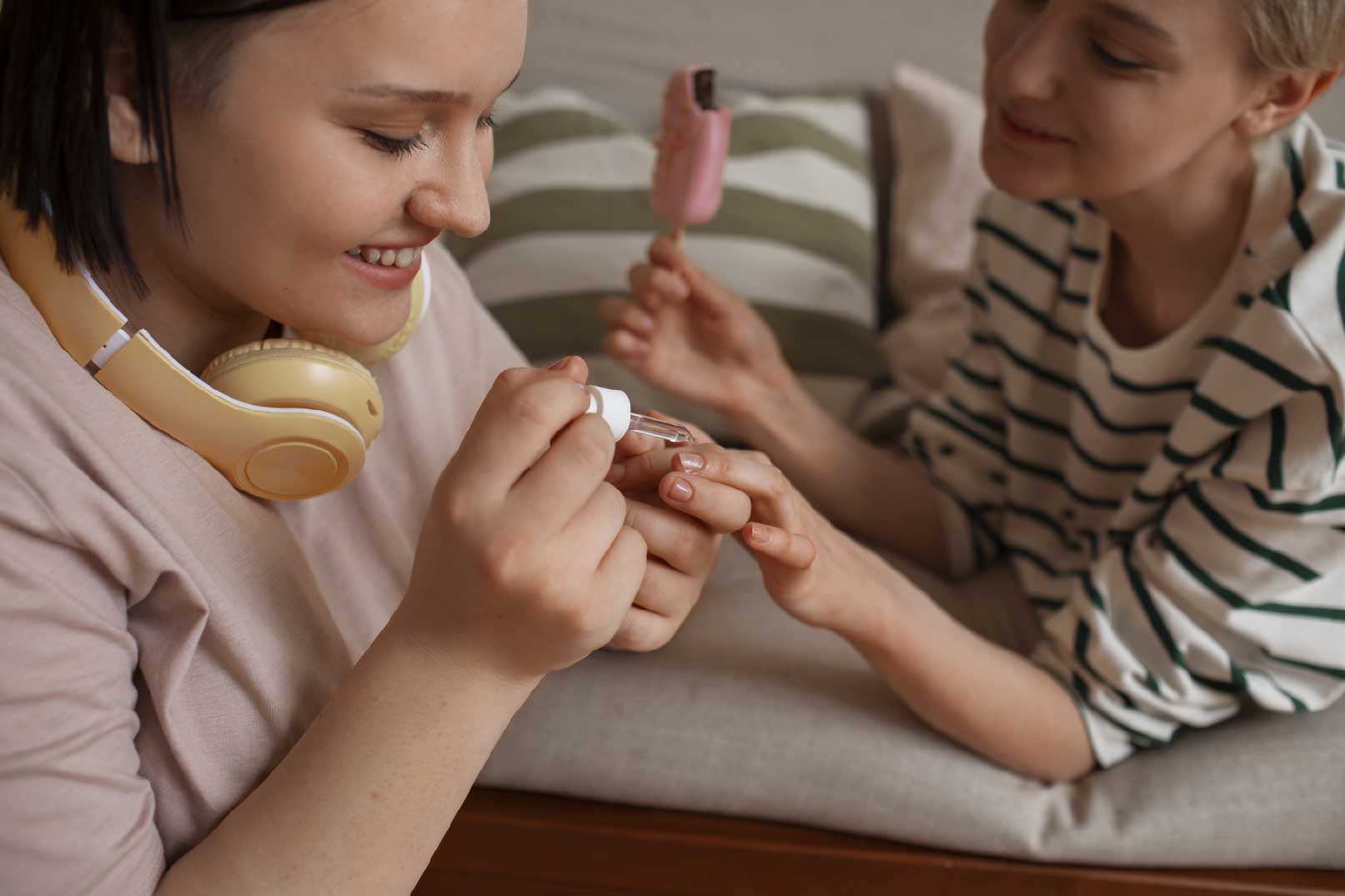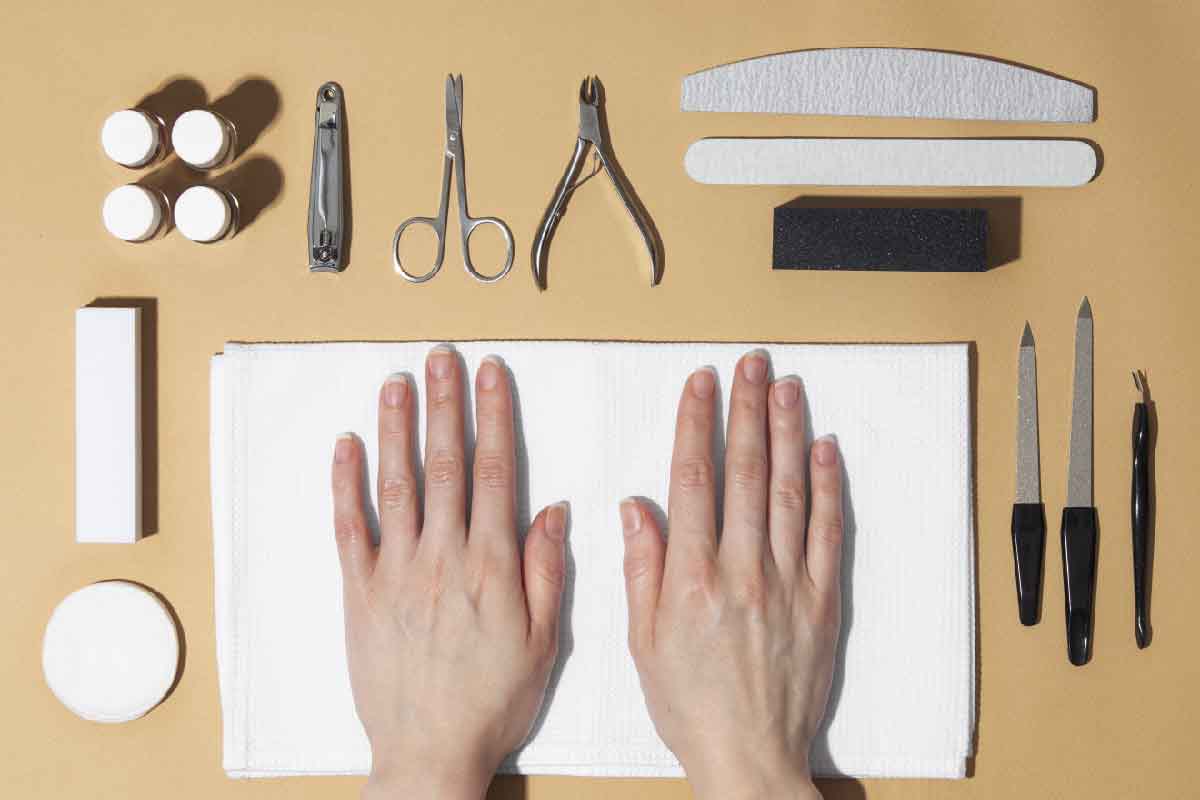
Washing Your Hands Frequently but Still Want Beautiful Nails? 5 Practical Nail-Care Tips Trusted by Medical Professionals
Post-COVID-19, frequent handwashing has become a daily habit. But have you noticed that the more often you wash your hands, the drier and more brittle your nails become? This is a common issue for many people, especially medical staff, kitchen workers, or anyone who uses hand sanitizer regularly.
So how do some doctors and nurses still manage to maintain strong and healthy-looking nails? Here are 5 effective tips they use to protect their nails from daily exposure to soap and alcohol—practical for everyday life.
Why Frequent Handwashing Damages Nails
Main causes of nail damage:
Alcohol and soap strip moisture from nails and cuticles
Excessive scrubbing weakens skin around the nails
Hot water accelerates natural oil loss
Rough towel drying creates friction and causes nail splitting
The result? Brittle nails, peeling cuticles, and abnormal curving of the nails.
Tip 1: Choose Nail-Friendly Soaps and Sanitizers
Ingredients to avoid:
High levels of Sodium Lauryl Sulfate (SLS)
Alcohol content above 70% in sanitizers
Strong fragrances (irritants)
Triclosan (potential allergen)
Ingredients nails love:
Glycerin or Ceramides
pH-balanced formulas (5.5–7)
Moisturizing properties
Gentle formulas for sensitive skin
Recommended brands: Cetaphil, CeraVe, Aveeno, herbal soaps with coconut oil
Tip 2: Wash Hands the Right Way
Safe handwashing steps for nail health:
Use lukewarm water (32–37°C)
Use just enough soap (1 pump or coin-sized amount)
Rub gently for 20 seconds, avoid scrubbing nails harshly
Rinse thoroughly to remove all soap residue
Pat dry gently with a clean towel, don’t rub
Tip 3: Apply Hand Cream Immediately After Washing
Golden Rule: Moisturize within 3 minutes after washing
Best ingredients for frequent handwashers:
Urea (5–10%)
Lanolin
Shea Butter
Panthenol (Vitamin B5)
How to apply:
Use a coin-sized amount
Spread on palms and work toward fingertips
Massage into nails and cuticles for 30 seconds
Keep mini hand creams near every sink
Tip 4: Create a Barrier Before Work Begins
Morning routine:
Apply clear base coat on nails
Use cuticle oil
Apply a thick hand cream and let it absorb (10 minutes)
During the day:
Wear lightweight rubber gloves when handling water
Use hand sanitizers with added moisturizers
Reapply cuticle oil every 2–3 hours
Before bed:
Apply intensive hand cream or hand mask
Wear cotton gloves 2–3 times per week while sleeping
Tip 5: Restore Nails with Deep Treatments
1. Oil Soak (Weekly)
How to:
Mix 2 tbsp olive oil + 5 drops of Vitamin E oil
Soak nails for 10–15 minutes
Gently massage and rinse off
Follow with a moisturizer
2. Protein Treatment (Bi-weekly)
Use a nail strengthener containing keratin or calcium
Apply as base coat or overnight treatment
3. Hydrating Nail Mask
DIY Recipe:
1 tsp honey + 1/2 tsp argan oil
Mix and apply thickly on nails
Leave for 20 minutes, then rinse
When to use:
Nails appear dull, dry, or discolored
Cuticles are peeling or damaged
After illness or periods of frequent washing
Warning Signs to Watch For
See a doctor if you notice:
Discoloration (yellow, blue, or black nails)
Thickened or abnormally curved nails
Frequent bleeding around the nail area
Pain or swelling near nails
Nails falling off unexpectedly
Extra care tips:
Avoid picking or tearing dry cuticles
Keep nails trimmed short to reduce breakage
Wear gloves when cleaning or doing chores
Eat foods rich in biotin and omega-3 fatty acids
Conclusion: Clean Hands, Beautiful Nails
With these 5 practical tips, you can keep your hands clean without sacrificing nail health:
Choose gentle cleansers and sanitizers
Follow handwashing techniques that protect your nails
Moisturize consistently after every wash
Build protection before exposure
Use restorative treatments regularly
Daily habits make all the difference. A few small adjustments in your routine can help you achieve strong, smooth, and healthy nails—even with frequent handwashing.





